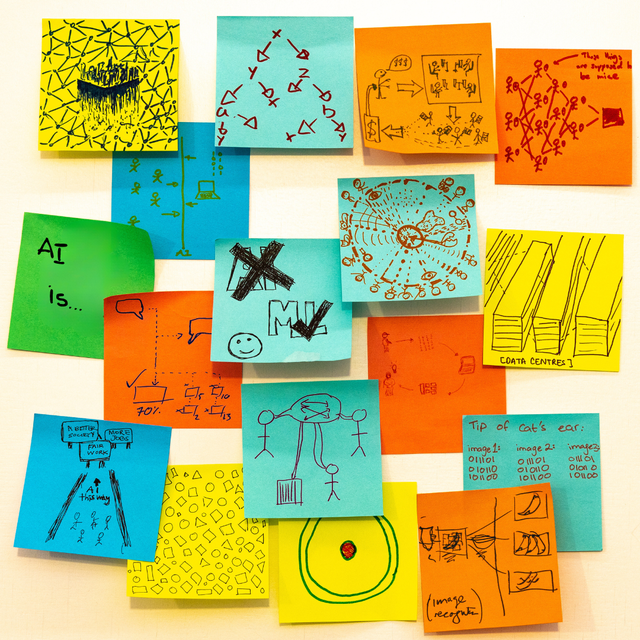- Led by Dr Joanna Tidy, The University of Sheffield
This project will work with the Royal Armouries to investigate the use of AI to enhance museum visitor experience, specifically in relation to biases in AI, which stem from the colonial history of museum collections.
Museums and heritage institutions (MHIs) are increasingly using AI tools such as Machine Learning, Natural Language Processing, and Machine Vision to enhance visitor interaction with their collections. A well-established problem with AI is bias, including how AI algorithms reproduce skewed underlying data. The inaccuracy of facial recognition AI when applied to people of colour is well known example. For MHIs, a challenge for responsible AI use lies in how underlying biases in museum collections, such as those rooted in colonial knowledge and power, are reproduced through AI data processing and outputs. When seeking to publicly communicate stories of, from, and through their collections, and when using colonial collections as the ‘data’ for AI mechanisms that facilitate this, what might ‘responsible AI’ look like for MHIs? What might be the implications, challenges, and opportunities for responsible AI?
The project has been developed in consultation with The Royal Armouries, the project’s external partner. The Royal Armouries are the UK’s national collection of arms and armour and one of the oldest museums in the world. The museum’s focus on the history of war forms a backdrop for interpretations encompassing science and technology, politics, law, art and poetry, and the wider human experience. The collaboration connects to ongoing work The Armouries are undertaking that relates to the colonial character of their collections, and to transform their digital offering for visitors. The project will work with this partner and other MHI stakeholders to ensure knowledge outcomes have wide applicability.
The project’s objectives are to:
- Scope the terrain of the context and application: map how AI has and could be used to enhance visitor experience; consider the colonial form and origin of underlying data within many museum collections; generate understandings of the actors, stakeholders, interests, and power relations that are relevant to the use of AI to communicate colonial museum collections.
- Explore how responsible AI can be defined in the setting and application: how using underlying data from a museum’s colonial collection in AI presents challenges and opportunities; explore how AI use might reproduce but also complicate colonial forms of knowledge within visitor experiences.
- Engage with a wider community of MHIs and industry stakeholders to assess whether existing approaches to responsible AI can be used or developed for the particular challenges and opportunities of the context and application.
- Work with these communities to develop and propose novel responsible AI tools and practices where necessary to assist MHI use of AI.
The project will yield a Toolkit, a report, and an academic journal article (detailed below). The research will benefit all MHIs who are considering utilising AI to communicate colonial collections and also yield knowledge outcomes relevant to the broader sector regarding how to navigate bias within collections and archives when utilising AI. The project will present concrete knowledge outcomes encouraging responsible development of AI tools in a museum setting, helping MHIs address the character and origin of collections and more effectively tell their many stories.

